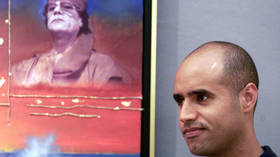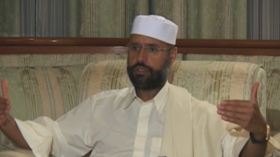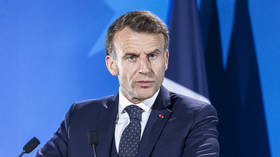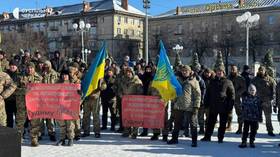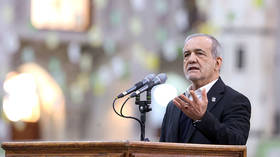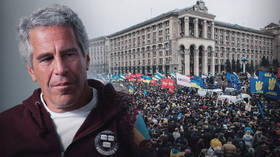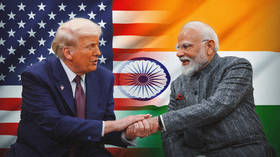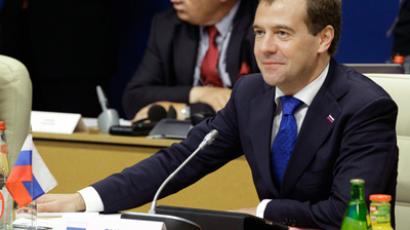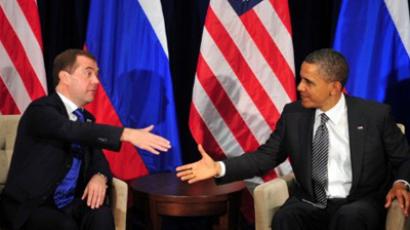Russian withdrawal from historic missile treaty ‘cannot be excluded’
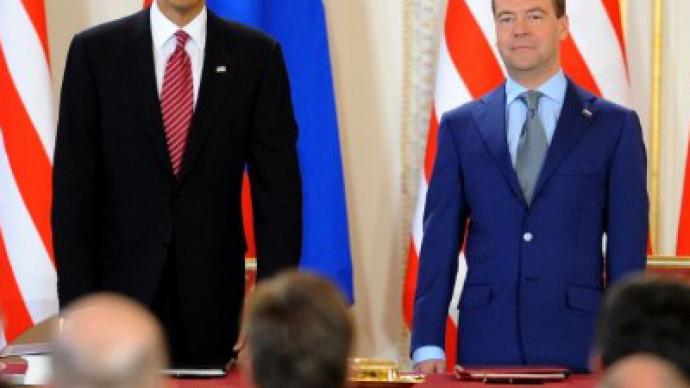
Without the resolution of specific issues with the United States, Moscow says it could withdraw from the New START Treaty.
Calling the termination of the ballistic missile reduction treaty “undesirable” and not “on the agenda,” one Russian weapons expert nevertheless says the possibility is real."Naturally, it would be very undesirable that circumstances would force us to take this step, but it cannot be excluded,” Mikhail Ulyanov, director of the Security and Disarmament Department at the Foreign Ministry, told a news conference on Thursday. “I will add though that the issue is not on the agenda presently.”President Dmitry Medvedev has stated in the past that if the balance between strategic offensive weapons and missile defense systems is destroyed, then Russia would be forced to walk away from New START.The preamble to the New START clearly states that both sides recognize “the existence of the interrelationship between strategic offensive arms and strategic defensive arms… and that current strategic defensive arms do not undermine the viability and effectiveness of the strategic offensive arms of the Parties.”Presently, Russia and the United States are at loggerheads over US plans to build a missile defense system in Eastern Europe, which Moscow says will disrupt the strategic balance, thus effectively destroying the relevance of New START.Policymakers in both countries have always presumed that any imbalance between strategic offensive and defensive weapons is “fraught with destructive consequences for international security and strategic stability,” Ulyanov said. Ulyanov reminded that the interrelationship between strategic offensive weapons and missile defense systems was codified in 1972 at the initiative of the United States when the anti-ballistic missile treaty was drawn up and signed. Presidents Dmitry Medvedev and Barack Obama signed the ballistic missile reduction treaty on April 8, 2010 in Prague. Robert Bridge, RT


